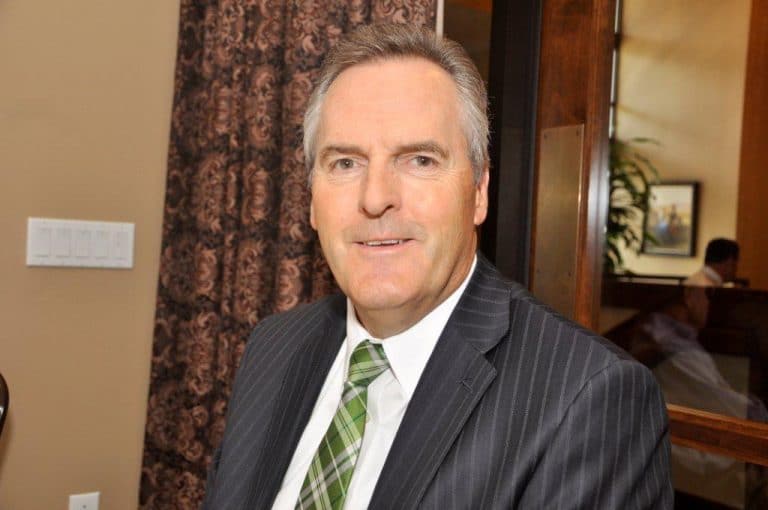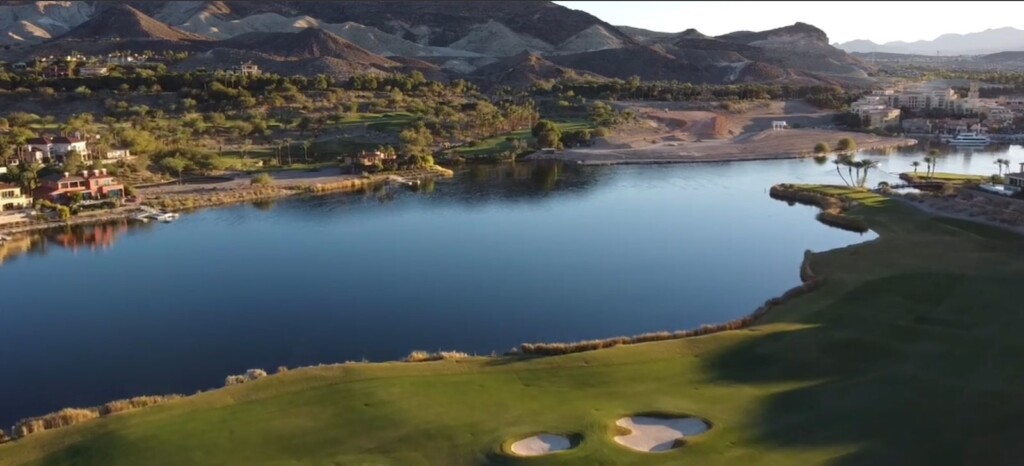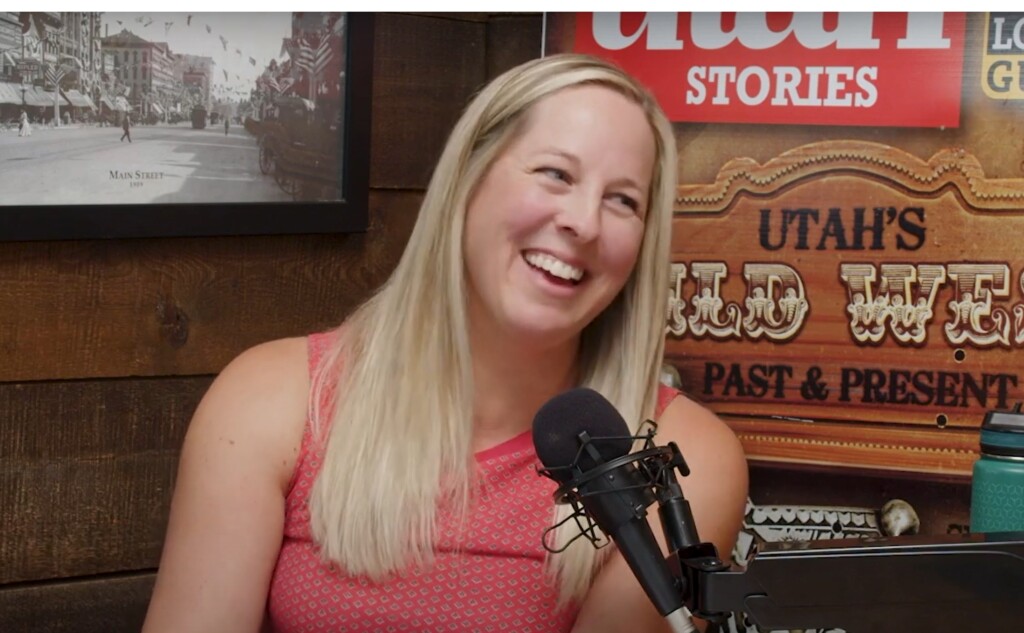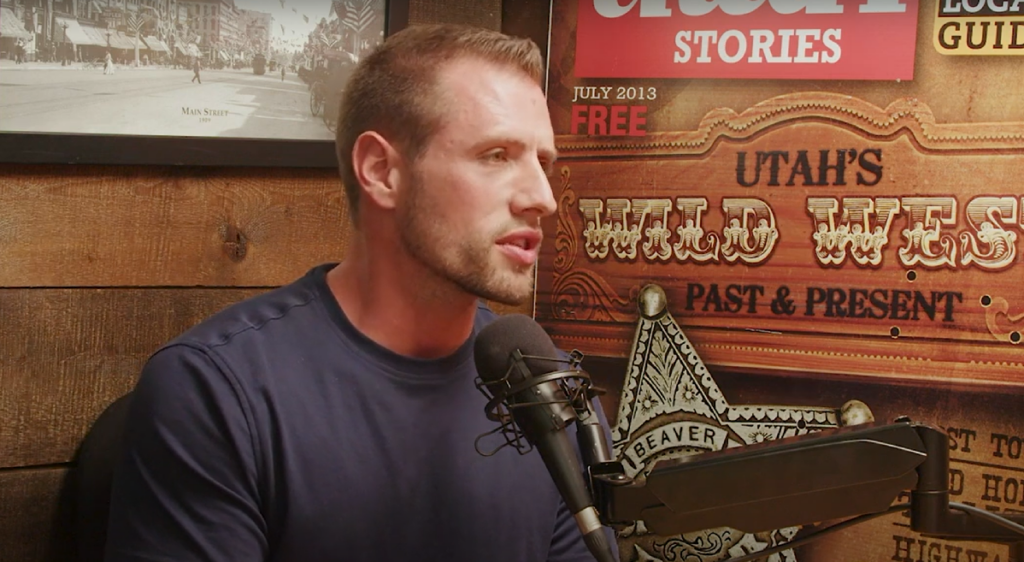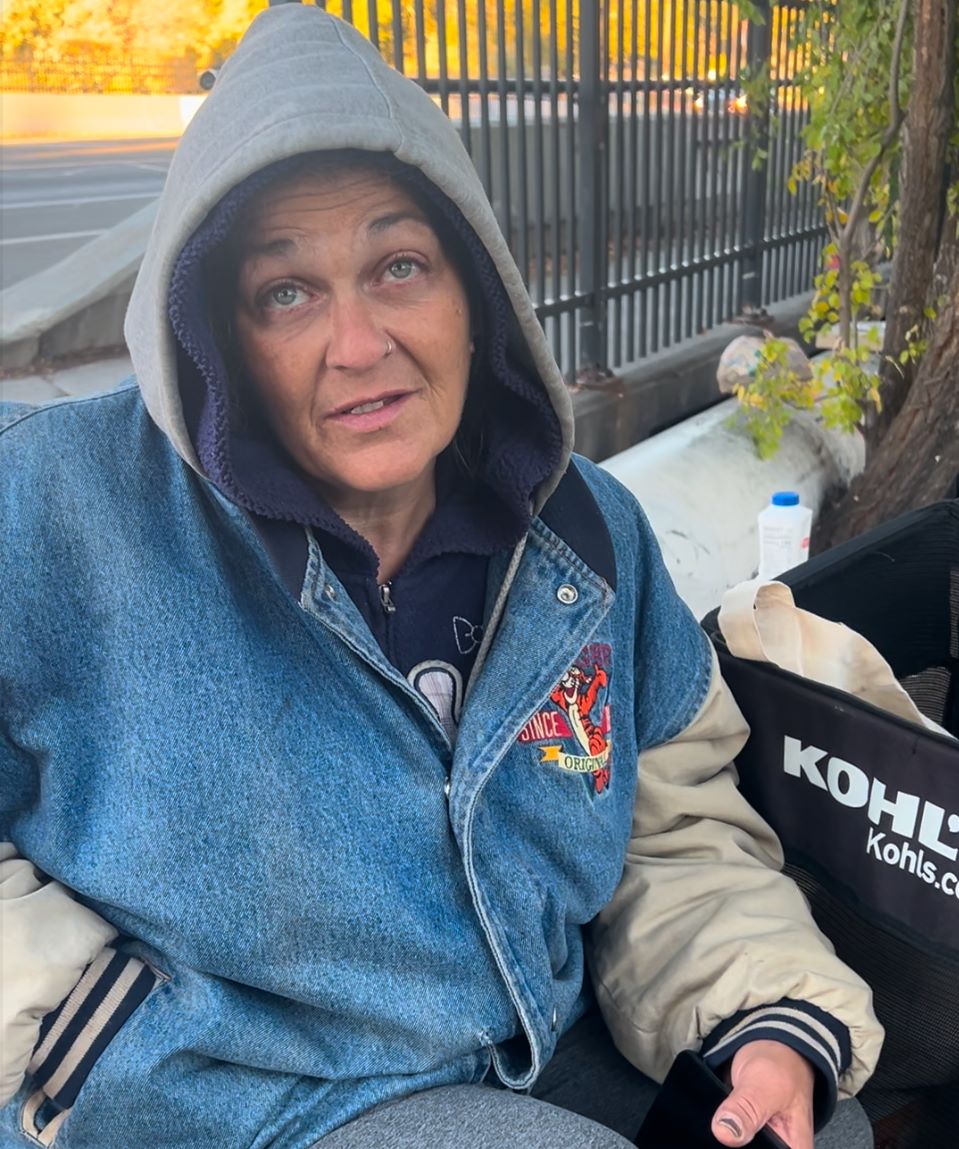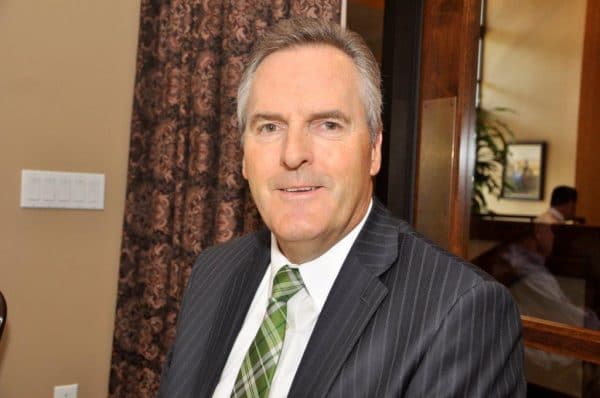
Utah’s Economy:
The skyline of the Wasatch Front shows growth and development everywhere. But much of the growth is among homogenous corporate retail chains, restaurants, and big-box stores.
According to Val Hale, who is the President of Utah’s Office of Economic Development, AKA GoEd – the Governor’s Office of Economic Development – Utah’s economy is booming. Just last year one million people left California and a large percentage of those people came to Utah, Arizona and Texas. “Utah’s economy is the envy of the nation,” says Hale.
Hale stopped by our office to appear on our newly launched Utah Stories podcast. We had a lengthy discussion about the future of Utah’s economy including the coming age of automation; the growing divide between the rich and the poor. We also discussed Utah’s tax revenue surplus of $1 billion as well as a growing sales tax deficit. Most importantly, we talked about how Utah leaders go about building stronger local economies for the cities they serve.
Hale oversees sixteen programs designed to build and grow Utah’s economy. They include Utah’s Office of Tourism, The Utah Film Commission, and the “corporate recruitment” programs which are designed to persuade more big corporations to located to Utah from not just California and Silicon Valley, but from all over the world.
Adobe And Goldman Sachs Huge Investments into Utah
Hale says the “poster child” for a corporate recruitment program that worked is Adobe. The state offered Adobe a big incentive after they bought out Omniture to build an additional headquarters in Lehi. Today, Adobe is doubling the size of their Utah offices. This is thanks in large part to the excellent labor pool that exists in Utah as well as the growing number of talented people who are attracted to the idea of locating to Utah.
Hale also spoke to us about how Goldman Sachs is doubling-down on the expansion of their office in Utah. They will reach up to 3,000 employees. This makes Goldman’s Utah office the fourth largest office in the world and second largest in the United States.
What Incentives Exist For Utah Small Business?
In our opinion, giving out huge sums of money, tax abatements and incentives to corporations only make our local tax base more reliant upon Wall Street to survive, and we don’t believe these efforts help but only hinder small business owners who never receive such handouts.
What I learned in talking to Mr. Hale is that these two ideals—helping both big and small businesses— are not necessarily mutually exclusive. Mr. Hale is a small business proponent, “Most businesses in Utah have between two and four employees and overall they employ far more people than the big businesses,” Hale recognizes.
When I pointed out the corporate welfare that cities hand out to entice big players such as Walmart, Cabellas, and Scheels, Hale says, “The cities compete vigorously with each other to try to get projects. This past legislative session there was some discussion about changing the whole way that sales tax is distributed so that it doesn’t become such a dog fight among cities.”
The practice of cities building incentive packages to compete against each other for big-box retail sales tax dollars clearly represents government abuse of power. Why should any big-box retailer get such as Scheels receive a huge amount of tax rebates and incentives when local businesses receive nothing? He admits that this is a problem, but says his office has nothing to do with incentivizing retail for sales tax purposes.
Hale encourages cities economic development directors to instead create an ecosystem that fosters the growth and development of small business and encourages entrepreneurs.
Hale offers a clear example in Provo:
“If you as a community can create some type of an environment where you can grow and be creative and flourish, then you have businesses there. Scott Smith was the BYU professor who started Qualtics in the basement of their house with his sons. You look at Provo and right next to each you had Ancestry.com, Vivint and Qualtircs. They practically shared the same parking lot and those three businesses got about $100 million of venture capital…They were hiring all of these people and it was just a great economic boon for the cities and the communities.”
He said that this model is a far better way to develop a strong tax base than to offer huge retailers and car dealerships big incentives.
Our conversation continued about how despite Utah having a $1 billion surplus, state leaders are currently cutting programs. To hear why this is the case, listen to our entire 35-minute podcast on Val Hale. Find it on iTunes or SoundCloud.

